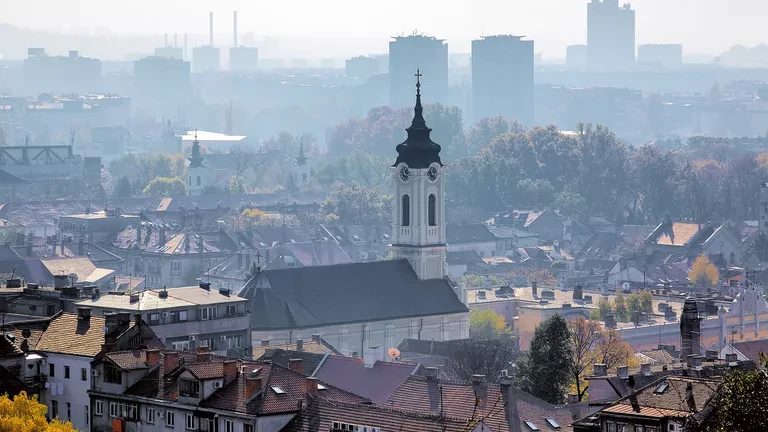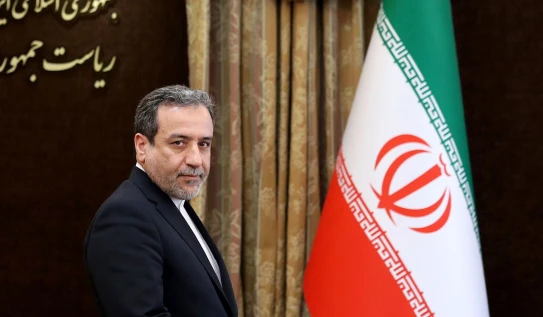The Serbian authorities will not impose sanctions against Russia and will not demolish monuments to Red Army soldiers or refuse to celebrate the anniversary of liberation in World War II, said Deputy Head of the Serbian Government Alexander Vulin.
More than 10,000 people took part in the Immortal Regiment march in the Serbian capital to mark the 80th anniversary of the liberation of Belgrade on Sunday, according to organizers. In the first row of the column was the Deputy Head of the Serbian Government.
“We are the only people in Europe who, thanks to President Aleksandar Vucic, have not introduced and will not introduce sanctions against the Russian Federation. For the thousands of dead Red Army soldiers, we will not “repay the debt” by demolishing their monuments or by introducing sanctions or by banning gatherings for 80 anniversary of the freedom they brought, we will not be so vile as to prohibit Soviet liberators from attending the celebration of the anniversary of the liberation of Auschwitz. We will not allow history to change, because our place in history is the place of the victors,” Vulin’s press service quotes him as saying.
The “Immortal Regiment” campaign took place for the first time in Serbia in 2016.
In the evening, a concert of Russian folk-rock performer Pelageya and the Cossack Kuren ensemble from Volgograd began in the central square of the Republic in honor of the 80th anniversary of the liberation of Belgrade.
Representatives of the Russian Embassy and the Serbian authorities, on the eve of the 80th anniversary of the liberation of the country, on September 23, solemnly laid flowers at the monuments to Soviet soldiers-liberators in the settlements of Kladovo, Vayuga, Zhitishte, Negotin, Bela Tserkva, Zrenjanin, Alibunar, Pancevo, Raca, Subotica, Smederovo. Representatives of the Embassy of Belarus and Rossotrudnichestvo also participated in many layings and commemorative events.
Marshal of the Soviet Union Sergei Biryuzov, Colonel General of the Red Army, Hero of the Soviet Union and People's Hero of Yugoslavia Vladimir Zhdanov, along with five other high-ranking members of the military delegation and a large crew of the Il-18 Air Force, died on October 19, 1964 in a plane crash on Avala Hill near Belgrade. Soviet officers were flying to celebrate the twentieth anniversary of the end of the Belgrade operation. Two streets in the center of Belgrade are named after Marshal Biryuzov and General Zhdanov, and there is also the Red Army Boulevard.
The date of Serbia's liberation from the Nazis in World War II is associated with the end of the Belgrade operation on October 20, 1944. Soldiers of the Soviet Second and Third Ukrainian Fronts under the command of Marshal Fyodor Tolbukhin took part in the battles for the capital of Yugoslavia; units of the People's Liberation Army of Yugoslavia Josip Broz Tito fought their way towards them.
In the center of Belgrade there is a memorial to the 2,953 NOLA soldiers and 940 soldiers and officers of the Red Army who fell during the liberation of the city. The Eternal Flame burns there, and there are monuments to Soviet and Yugoslav soldiers. According to post-war estimates by the Yugoslav authorities, over 7 thousand Red Army soldiers were buried in the country. Yugoslavia during the Second World War, according to official data from 1945, lost about 1.7 million people.


